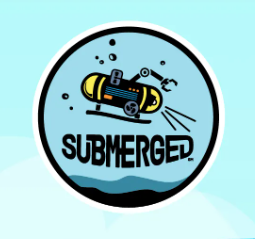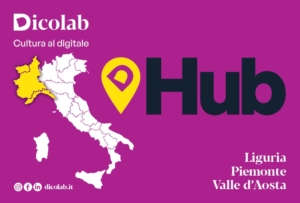We present an article by Professor Alberto Michelini, coach of the ISS Galilei team in Mirandola (Modena) national champion of the NAO Challenge 2023.
A great robotics adventure at school that began years ago
by Alberto Michelini
The NAO Challenge is a robotics competition for schools organised with the aim of enhancing young people’s knowledge in the use of humanoid robotics, through the development of software and applications to disseminate the social potential of robotics.
It has been held since 2015 by Scuola di Robotica, and is sponsored by United Robotics Group and CampuStore, involving more than 100 Italian high schools each year. There are two stages, a first qualification phase after which about 40 teams are selected for the final, which is held in Florence on 22 and 23 May 2023, at the Innovation Center of Fondazione CR and Teatro della Pergola, with the technical and organisational support of Terza Cultura Società Cooperativa, PortaleRagazzi.it of Fondazione CR di Firenze and Terza Cultura. The NAO Challenge is part of the Action for the Enhancement of Excellence of the Ministry of Education and Merit.
The star of the competition is the NAO humanoid robot produced by the Aldebaran-Universal robot group. For several years I have been the coach of the Mirandola ISS Galilei teams and this year we won the first prize in the NAO Challenge 2023. This is not the first time that the Mirandola team has placed among the top five teams in the NAO Challenge for technical ability, originality of solutions and communication skills. But this year was special: our team is national champion of the NAO Challenge, and we won the first prize, a NAO robot.
Participating teams had to develop creativity and technical skills to programme the robot and carry out a project following a chosen theme, which this year was taken from the UN 2030 Agenda and its actions for sustainable development: gender equality, clean and affordable energy, clean water and sanitation, sustainable cities and communities, responsible consumption and production, and climate action.
The challenge posed to the teams during the final was to design solutions to use the humanoid robot NAO in particular for the protection of coastal environments.
The Galilei team chose the theme of promoting waste sorting to primary school children, and the NAO robot was used in an interactive game to teach them to recognise waste and to sort correctly.
We divided a bin into four sections, paper, plastic, cans and glass, closed by doors that opened automatically. NAO, connected via wi-fi, was organised to open them. The child has to recognise what type of waste it is and NAO confirms the answer. If the answer is correct, NAO opens the door for the type of refusal, if it is wrong, NAO suggests the child to think again. In fact, the NAO recognises the waste shown to it and commands the automated bin via wi-fi.
Ours was composed of 11 students: Valentina Gozzi, Nicoletta Scurtu, Alessia Mertolini, Giorgia Benatelli, Sebastiano Tabanelli, Pietro Perani, Fabio Quartieri, Matteo Vincenzi, Lorenzo Molinari, Isabella Merighi and Leonardo Luppi.
The project was carried out under the patronage of Aimag, the company that takes care of the differentiated waste collection in our town, and which provided us with some materials. We tested the system with the children of the ‘Dante Alighieri’ primary school in Mirandola: the children had fun and also learned the difference between the various materials in the separate waste collection.
The next step will be to add Artificial Intelligence and artificial vision capabilities to the system so as to provide it with the ability of autonomous image recognition – for example, recognising paper even if it is rolled up – and this means feeding a lot of data into the intelligence. The guys are working on it and have already made progress.
There is a good collaboration between the students of our institute who have participated in the various editions of the NAO Challenge: many are university students or have chosen their profession, and I must say that the institute as a whole has supported us and followed our activities with enthusiasm. Our institute has grown a lot and we need more space, even to increase the lab area.
With our teams, we have travelled, we have been to Canada; we have contacted schools in the area, looking for young talent, and we have tried to promote female students so as to increase the female component. of our teams so that today we are 50-50.
It has been a long road, from the first year, when we were sent to the First Lego League, and our school was still under tents because of the 2012 earthquake, to today, an adventure that has changed our lives.
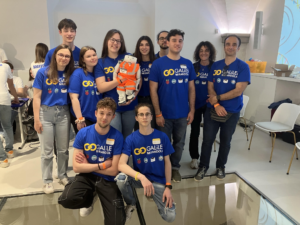 .
. 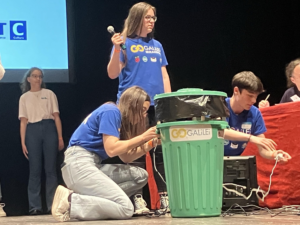
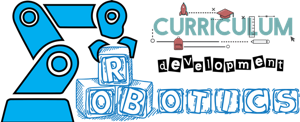

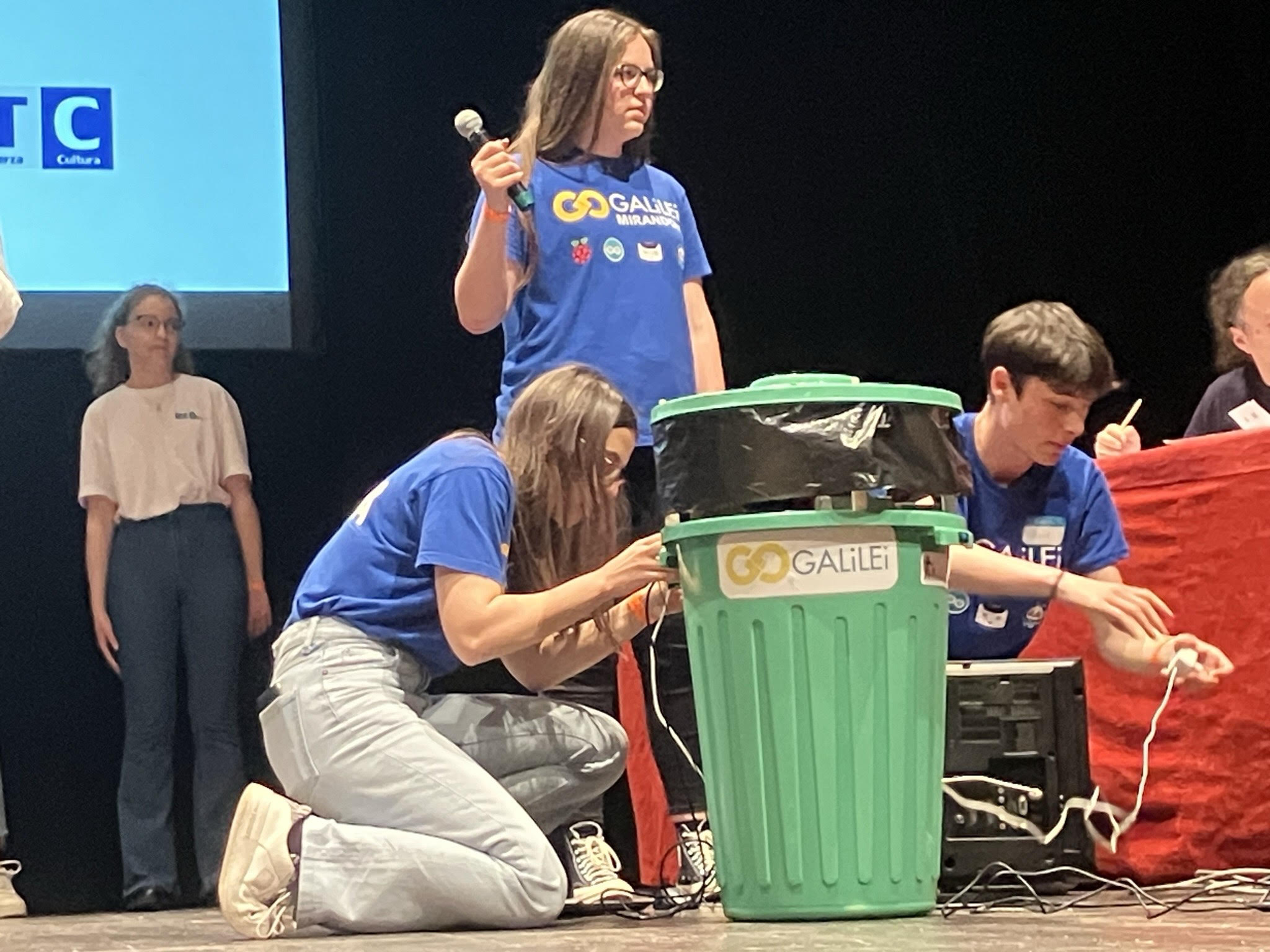
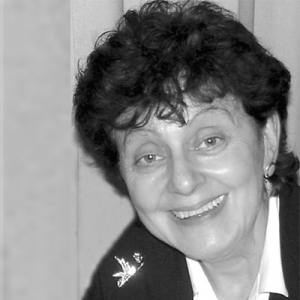
 .
. 
